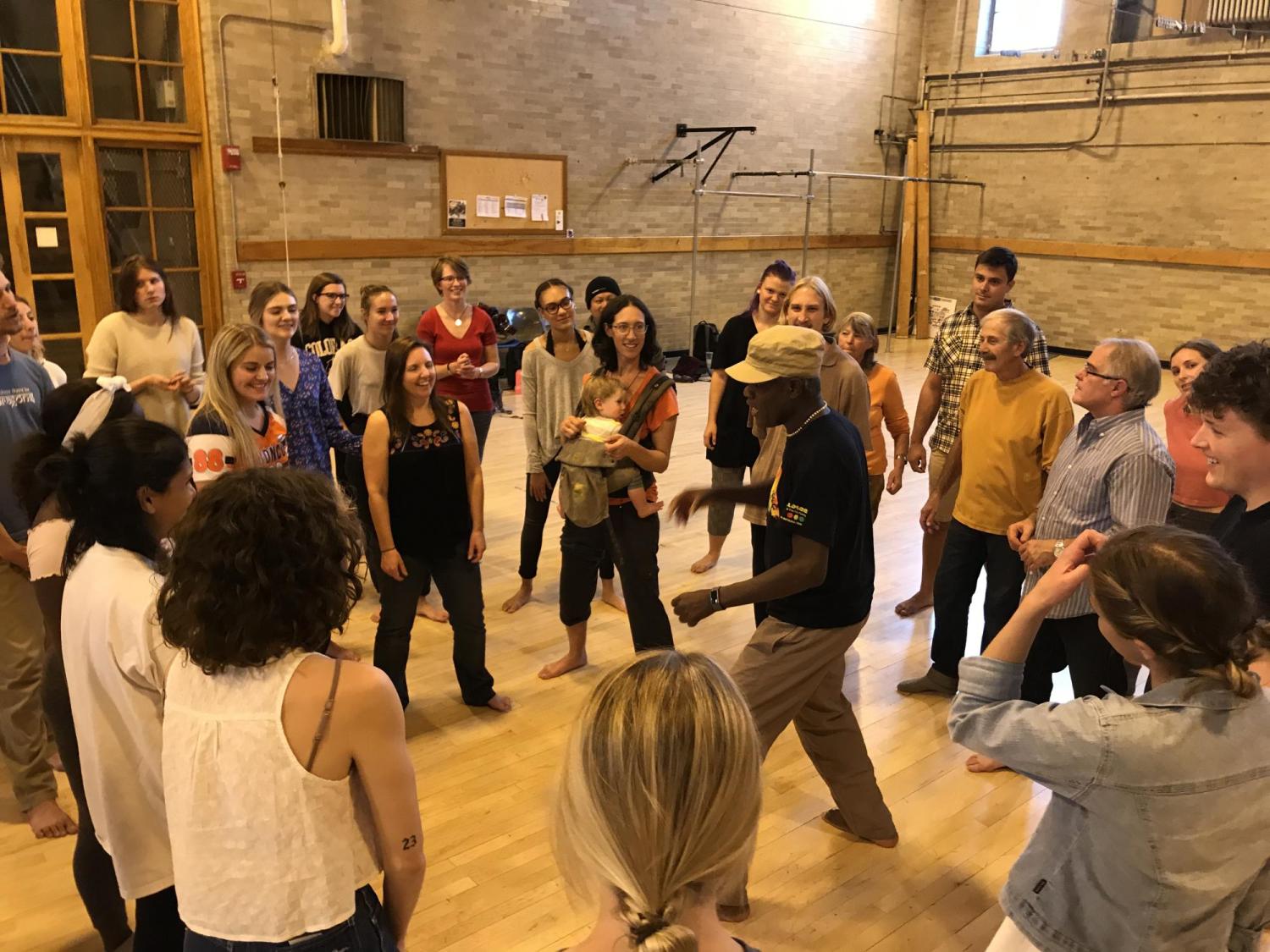Quality Teaching Initiative From One Department’s Point of View
What if a criterion for effective teaching was assessing how much energy was created in the room? It may be that for the teaching of African Dance, that could be just the thing. In community with all departments within the College of Arts & Sciences, we in the Department of Theatre & Dance are creating our Quality Teaching Initiative proposal this academic year. I imagine many departments feel as though they approach teaching uniquely and in a variety of ways within their own department. For example, in our department we have identified three types of teaching: (1) Embodied Technique for dance, voice, and movement; (2) Design, technical knowledge and art of design; and (3) Classroom-based teaching of history, theory, literature and contemporary practice. We are just beginning to co-create different types of evaluation for teaching for different types of classes. In doing this, we will adopt, adapt, or author creative methods for assessment. All along the process, we will check in with our colleagues to consider what measures we are willing to accept. Each member of our faculty is already an inclusive teacher in so many unique ways. We will investigate what evidence we can identify to assess and celebrate that. Our hope is that the evaluation process itself will be nurturing and help each of us as instructors to develop into more effective teachers. As a department, we are committed to being anti-racist teachers. An article entitled “The Post-Pandemic Pathway to Anti-Racist Education: Building a Coalition Across Progressive, Multicultural, Culturally Responsive, and Ethnic Studies Advocates” from May 2021 argues that it is impossible for educators to be student-centered and focused on the whole student, including social and emotional needs, without also being anti-racist. We are excited to braid the Quality Teaching Initiative into what we identify as our departmental learning objectives and outcomes along with our anti-racist work. Along the way, we will focus on generating inclusive, goal-oriented, and scholarly teaching assessment rubrics. While other departments may not work at the same pace, our ad hoc committee has developed some goals for the coming year. We will take the fall to acquaint ourselves with the challenge ahead, do a resource assessment and gathering, welcome in outside expertise, do research, share workshops, and map out how to create a first draft to present to the faculty by February 2022. Then based on suggestions and desires of our other colleagues, we will make improvements on our plan and work to get it approved by our entire faculty by April 2022. By May 2022 we should have a proposal for our divisional dean for how we will evaluate teaching. I am grateful for the guidance we have received from ASSETT and the Quality Teaching Initiative team along the way. I see this entire process as a way to become more intentional and ultimately more invigorated and satisfied as an educator.



